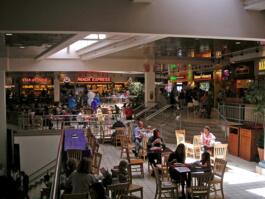On Issues, Obama Poetry Won't Rhyme By Froma Harrop
Barack Obama is such a stand-up guy that he'll stand up twice -- once for each side of an issue. The poetry reading on change and hope is over. Now that he has to talk about real policy, there's little rhyme in the rhythm.

